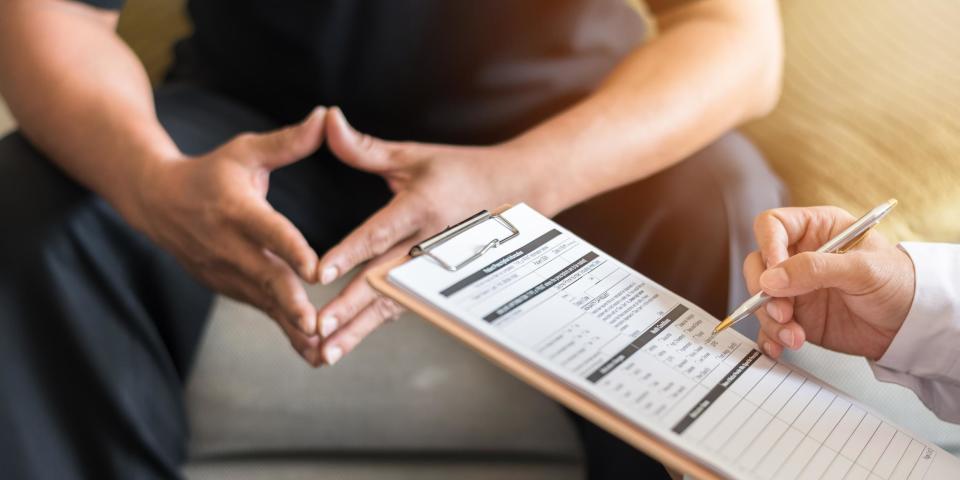Take action now to limit youth ‘mental health epidemic’, psychiatrist urges

Now is the time to take action to try and prevent what some fear may become a mental health epidemic after lockdown, a psychiatrist has said.
Dr Jane Morris said that as restrictions ease, people will be feeling a range of emotions, from anger and indignation in some to fear and anxiety in others.
She said taking the right approach now could help prevent problems worsening and minimise the development of long-lasting disorders.
Dr Morris, a consultant psychiatrist with the Royal College of Psychiatrists in Scotland, said young people are among those likely to be feeling angry if they believe they have been “robbed” of their futures.
She told the PA news agency: “Many of them are angry that for the sake of protecting their elders, their education, employment prospects and entertainment are being taken from them.
“Their fears are not necessarily about the virus but may be financial or about employment.
“Of course, a lot of young people are fearful for their elders but because they are young they also feel a huge impatience as, while in a long life a few months is very short, in a young person’s life it is a huge amount of their life and they feel robbed.”
Meanwhile, other people may be feeling anxious about going out and about as restrictions ease while the virus has not gone away.
Dr Morris said the fact lockdown is being eased gradually may help people get used to their increased freedom, and by taking “baby steps” with the right support it is hoped they can get used to the new normal.
She said most people with a mental illness have seen their condition worsen during lockdown, both due to reduced support and the extra stress of the situation.
Dr Morris said there is almost nothing more damaging to people’s mental health than living in a state of threat and uncertainty.
She said: “One of the big problems we have is the chronicity and uncertainty and in a state like that we are feeling a very strange mixture of anger and fear.
“In the long term, that’s damaging for us so the longer this period of uncertainty goes on the worse it is.”
She said as Scotland emerges from lockdown, people can try and mitigate the stresses by practising techniques such as mindfulness where they focus on appreciating the present moment, and self-care through being kind to themselves.
She added: “Now is the time if we can summon the energy to put into self-care and enjoy the company of other people, we might be able to prevent what some people might worry about becoming a mental health epidemic.”
PA
Read more
Three in 10 young people ‘cut off from their pre-Covid mental support’
Black mental health organisations to reach out to for support
One quarter of patients unable to access mental health services
Apprenticeships could help solve our youth unemployment crisis
7 best self-care books: Look after your mental heath during lockdown
‘The mindfulness of swimming is what I crave most during lockdown’

